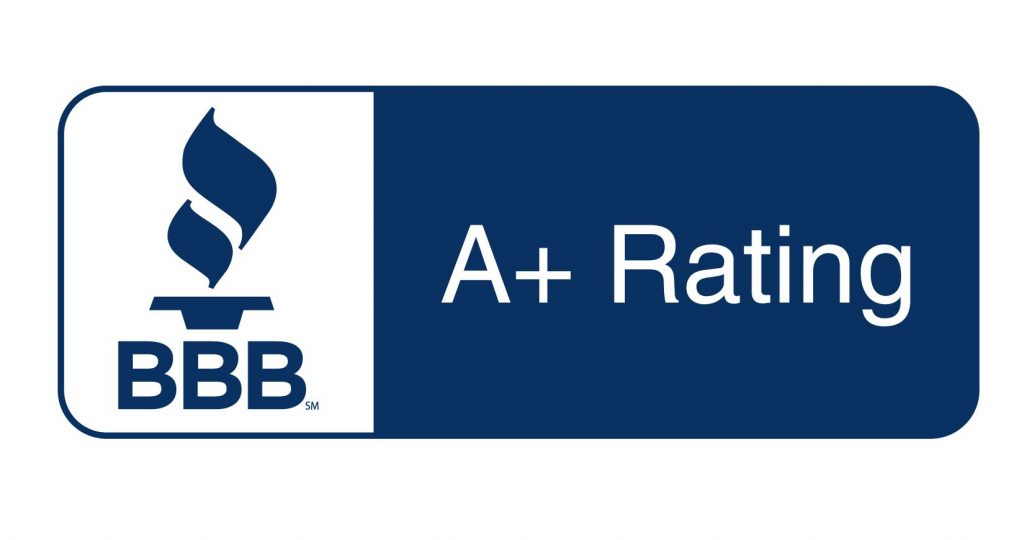Medicare Advantage (MA) plans offer an alternative way for individuals to receive their Medicare benefits, combining coverage for hospital and medical services in one comprehensive plan. These plans have gained popularity due to their potential for added benefits and the convenience they provide. As more people become eligible for Medicare, understanding the options available can help beneficiaries make informed decisions about their healthcare.
Since we are right in the middle of the Annual Election Period, today we’re going to address some of the most frequently asked questions about Medicare Advantage plans. Whether you are new to Medicare or looking to switch plans, the following information will guide you through important considerations regarding Medicare Advantage.
What Is Medicare Advantage?
Medicare Advantage plans, also known as Medicare Part C, are offered by private insurance companies and provide an alternative to Original Medicare, which consists of Part A (hospital insurance) and Part B (medical insurance). While Medicare Advantage plans must cover all the services that Original Medicare covers, many also offer additional benefits that can enhance your healthcare experience.
Medicare Advantage plans are designed to streamline the way beneficiaries receive their healthcare. These plans combine the coverage of both Part A and Part B, often including additional benefits such as routine vision and dental care, wellness programs, and even gym memberships. This bundled approach can make managing your healthcare simpler, as you will have a single plan that covers a wide range of services.
Types of Medicare Advantage Plans
There are several types of Medicare Advantage plans available, each with its unique features. We’ll touch on each here, but it’s important that you learn more about each one before deciding which type of Medicare Advantage plan is right for you.
Health Maintenance Organization (HMO): HMO plans typically require members to choose a primary care physician (PCP) and get referrals for specialists. They often have lower premiums and out-of-pocket costs but may limit coverage to providers within their network.
Preferred Provider Organization (PPO): PPO plans offer more flexibility in choosing healthcare providers. While you can see any doctor, staying within the plan’s network will usually result in lower costs. These plans do not require referrals for specialists.
Private Fee-for-Service (PFFS): PFFS plans allow members to see any Medicare-approved provider who agrees to the plan’s terms. While you don’t have to choose a primary care physician, costs may vary significantly based on whether you use network providers.
Special Needs Plans (SNPs): SNPs are designed for individuals with specific health needs or conditions, such as chronic illnesses or those who require institutional care. These plans tailor their services to meet the unique needs of their members.

How Do Medicare Advantage Plans Work?
Medicare Advantage plans operate within a framework established by Medicare, providing a blend of benefits that can simplify healthcare access for beneficiaries. While Medicare Advantage plans often come with lower premiums than some standalone options, it’s essential to understand the various costs involved.
Premiums: Many Medicare Advantage plans charge a monthly premium, which may vary depending on the coverage and provider.
Deductibles: Some plans may require an annual deductible, which is the amount you must pay for healthcare services before the plan begins to pay.
Copayments and Coinsurance: Most plans include copayments (a fixed amount you pay for specific services) and coinsurance (a percentage of the costs you share with the plan after meeting your deductible).
Out-of-Pocket Maximums: Medicare Advantage plans often have an out-of-pocket maximum limit, which caps your total spending for covered services within a plan year. Once you reach this limit, the plan pays 100% of covered services for the remainder of the year.
What Are the Advantages of Medicare Advantage Plans?
One of the most significant advantages of Medicare Advantage plans is their comprehensive coverage. Unlike Original Medicare, which only includes hospital (Part A) and medical (Part B) services, Medicare Advantage plans often bundle additional benefits into a single plan. These may include vision care, dental care, hearing aids, wellness programs, gym memberships, food stipends, and more.
In addition, cost is a major consideration for many Medicare beneficiaries, and Medicare Advantage plans can be cost-effective in several ways.
Many Medicare Advantage plans feature lower out-of-pocket expenses compared to Original Medicare, particularly when utilizing network providers. This can include reduced copayments for doctor visits and lower coinsurance for hospital stays. They also have out-of-pocket maximums that limit your spending for covered services in a given year. This predictability can be beneficial for budgeting and managing healthcare costs.
Many plans offer certain preventive services at no cost, helping beneficiaries to avoid more significant health issues down the line and promoting regular health maintenance.
Having a single Medicare Advantage plan can also simplify healthcare management for beneficiaries. Since all your benefits are in one plan, you only have to manage one policy, rather than fumble through three or four different insurance cards in your wallet. Most plans also take an integrated care approach by coordinating all your care through their network. This enhances provider communication and can lead to better health outcomes.
What Are the Disadvantages of Medicare Advantage Plans?
While Medicare Advantage plans offer numerous benefits, it’s also essential to consider the potential drawbacks. Understanding these disadvantages can help you make an informed decision about whether a Medicare Advantage plan aligns with your healthcare needs and preferences.
One of the most significant considerations with Medicare Advantage plans is the limitation on provider networks. Most plans require you to use their network of providers and facilities. Going outside of these networks can result in either higher out-of-pocket costs for you, or no coverage at all. Some plans may also require you to designate a Primary Care Physician (PCP), who you’ll need to see to get referrals to other providers.
While many Medicare Advantage plans advertise lower premiums (an advantage of these plans), some beneficiaries may face unexpected costs. As we just mentioned, if you go out of network, you may have to pay higher copayments and coinsurance, or the services may not be covered at all. This can lead to higher overall costs, especially if you require specialized care.
The costs associated with Medicare Advantage plans can vary significantly depending on the specific plan, coverage levels, and whether you choose in-network or out-of-network providers. This variability can make it challenging to predict your total annual healthcare expenses.
Take Action to Secure Your Medicare Plans
As you explore your options for Medicare Advantage plans, you must ensure your coverage aligns with your healthcare needs and financial situation. The Annual Enrollment Period (AEP) provides a valuable opportunity to review your current plan, assess available alternatives, and make any necessary changes.
At Carolina Senior Benefits, we understand that navigating these decisions can be overwhelming. That’s why our team of experts is here to help you find the best plan tailored to your specific needs. Whether you’re looking to switch plans, explore additional benefits, or clarify any questions you may have, we invite you to reach out to our office for a personalized consultation.
Don’t wait until the AEP closes—call us today to schedule your review and ensure you’re making the most of your Medicare Advantage options. Your health and peace of mind are our top priorities!





